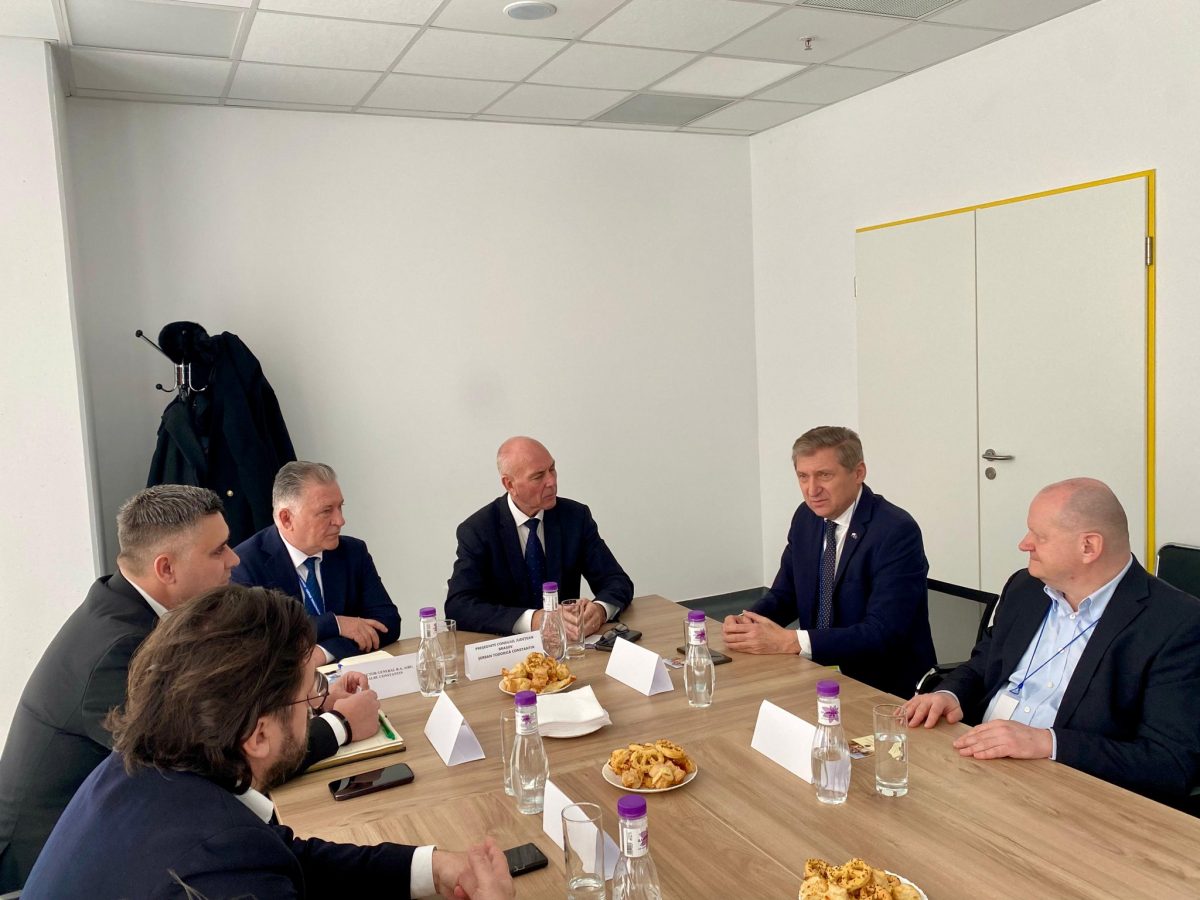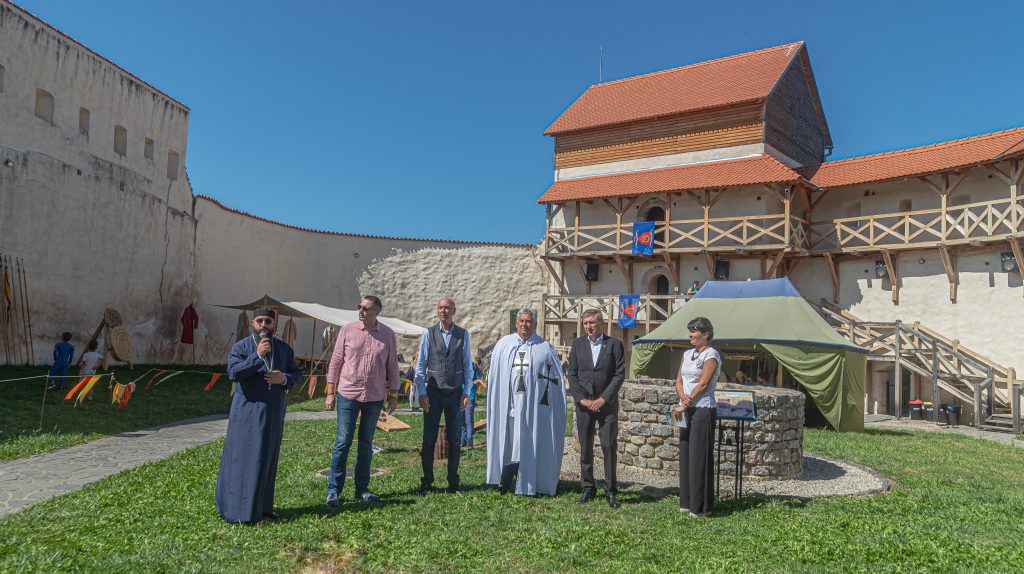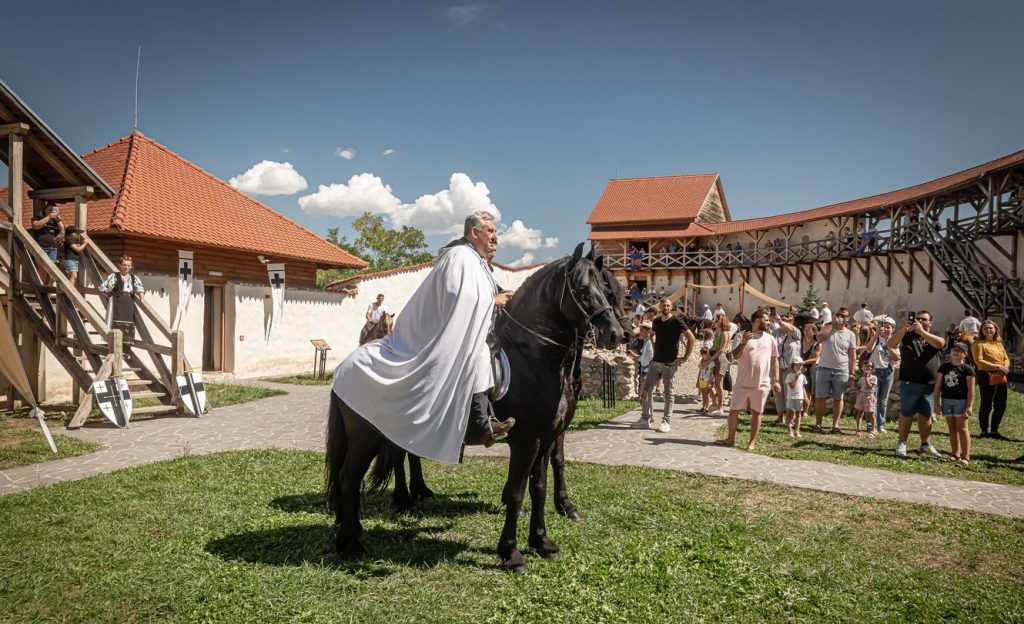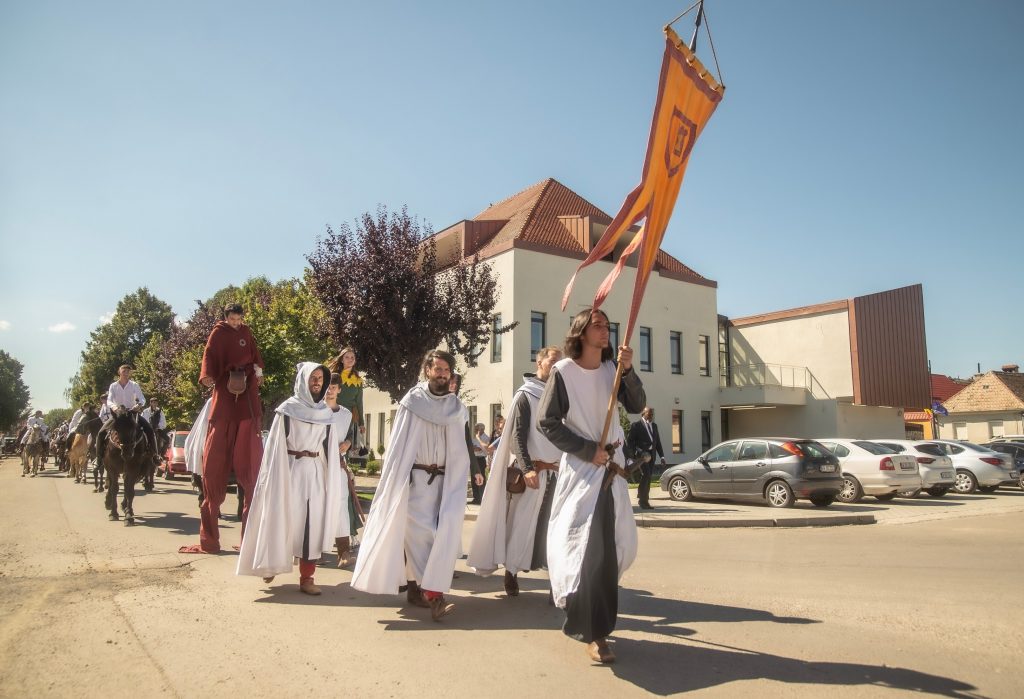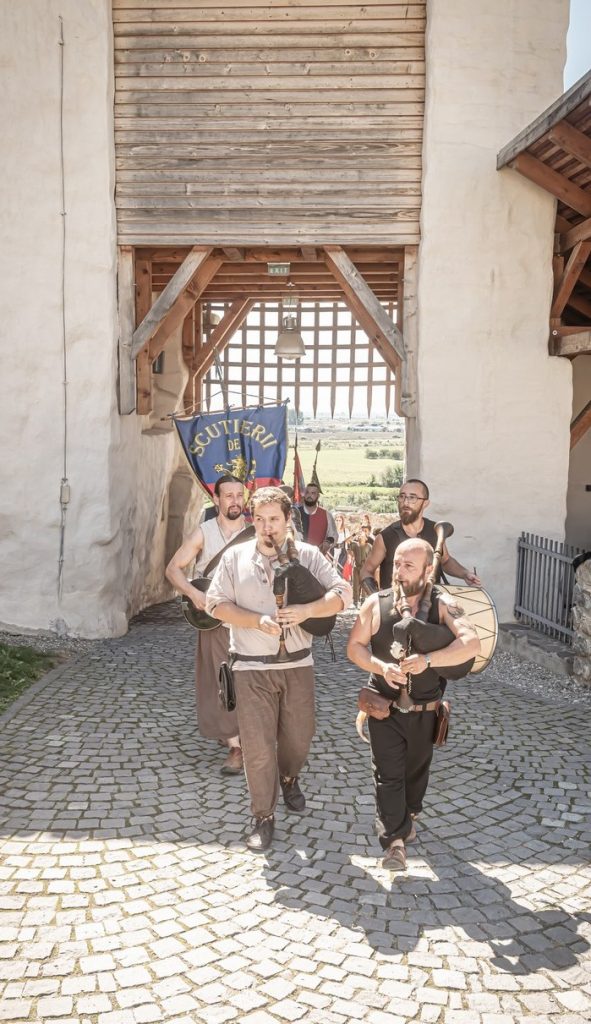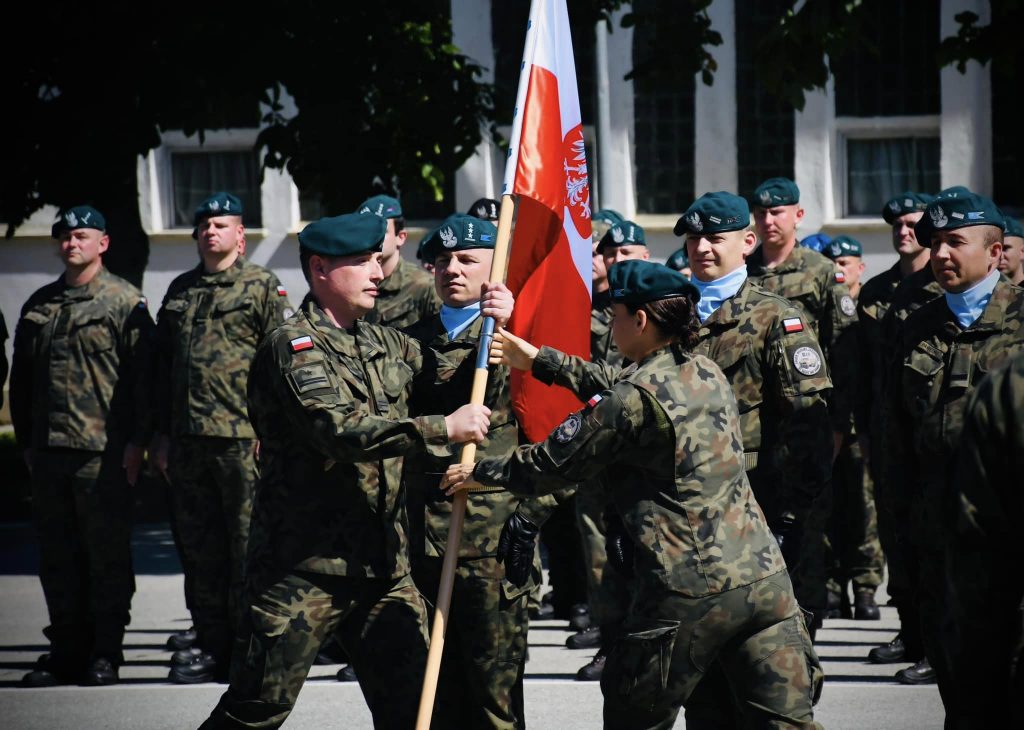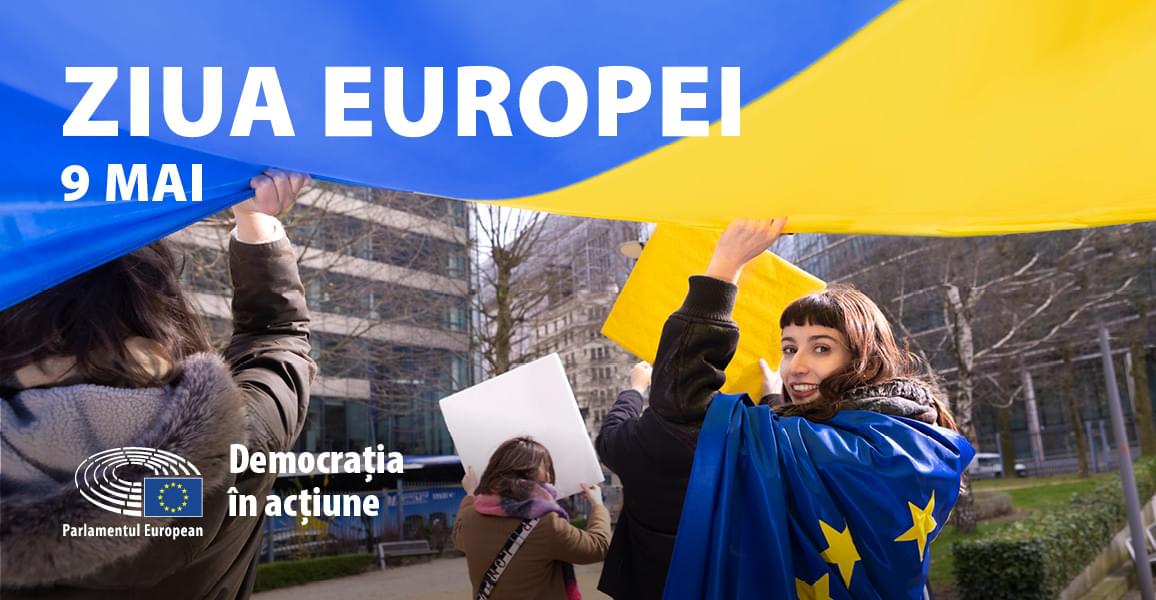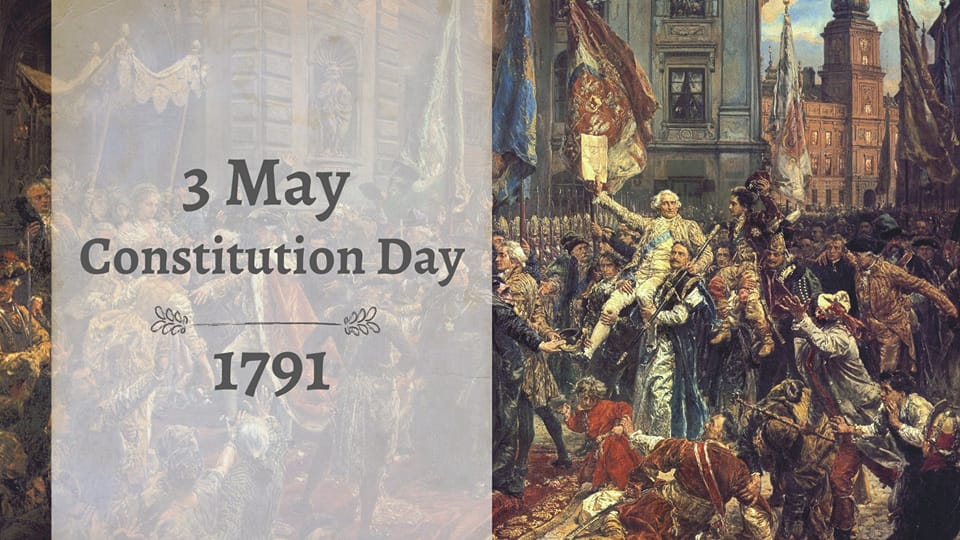On Friday, 19 January, a working meeting with the general manager of LOT Polish Airlines took place at the headquarters of Brasov Airport, Jakub Malecki, which was attended by Şerban Todorică-Constantin, the president of the Braşov County Council, Constantin Albu, general director of AIBG, Stefan-Daniel Micu, the president of the Board of Directors of AIBG, Forget Florin, director of DSNAR Arad, with the manager of the Kronaero company, Ciprian Oprescu, and other officials, meeting that was facilitated by the honorary consul of the Republic of Poland in Brașov, Janusz Wiesław Szaliński.
At the end of the meeting, the participants concluded that Brasov Airport is in the attention of the Polish operator, following that in the next period concrete aspects of a future collaboration will be established.
We remind that discussions regarding the possibility of opening air flights Brașov - Poland have been going on for more than a year. For example, in September of the year 2022, when the airport was still being worked on, the RP ambassador in Romania, His Excellency Mr. Maciej Lang, declared that the Polish representation at the level of Brașov county is not sufficiently highlighted from an economic point of view. This could change, if LOT Polish Airlines the main Polish airline, who over time showed his interest in the Brașov-Ghimbav International Airport, would open air flights from Brasov.
More than that, in the year 2021, after receiving the visit of the honorary consul of the Republic of Poland in Braşov, Janusz Szalinski, the then president of the Braşov County Council, Adrian Veștea, announced that the official from Poland "reaffirmed the interest that LOT Polish Airlines, the main Polish airline, it manifests it both in terms of the opening of some air routes, as well as for the concession and operation of our airport".
The statement of the then president of the Brașov County Council was made in the context in which, at that moment, the Brasov county administration was considering the concession of the airport to a private operator.

